December 1, 2017
Vicarious trauma. Compassion fatigue. Secondary traumatic stress. Burnout. These are all things that those of us working in helping professions experience. There are some similarities between the four but there are also many differences. Recently, over 80 “helpers” shared a day together, learning about everything from the basics of trauma to how to cope with the effects of the daily struggles we face working in such a vulnerable field. Knowing more about the environment we work in is half the battle to remaining balanced and effective.

- Chrissy Cunningham, MSW the Prevention Coordination Specialist from the Fairfax County Department of Neighborhood and Community Services presented Trauma 101, emphasizing the importance of understanding trauma and the need for positive relationships to manage the effects of trauma.
- Allyson Halverson BS, CCLS, CTP a Certified Child Life Specialist I at the Pediatrics Department of Inova Loudoun Hospital talked about the various traumas children are faced with in a hospital setting and how trauma can lead to fears and phobias into adulthood.
- Lori Wolkoff, Victim Specialist – Washington Field Office and Barry E. Moore, Unit Chief, Child Victim Services Unit shared their experiences in the FBI Victims Assistance Program and the coordination and care needed for victims of varying traumas and experiences.
- John Walker, Ph.D., LMFT with the Family Connections program at Loudoun County Department of Family Services ended the day with a humorous and vulnerable discussion on Compassion Fatigue.
For highlights of the day including links to speakers and resources, visit our Storify page here.
We were able to provide this day-long workshop with funding from the Northern Virginia Health Foundation and through support of the members of our Resilient Children, Resilient Loudoun team.
If we don’t Help the Helpers, then how can they help anyone else?
–Tracy Leonard, Public Education Coordinator tleonard(at)scanva.org
